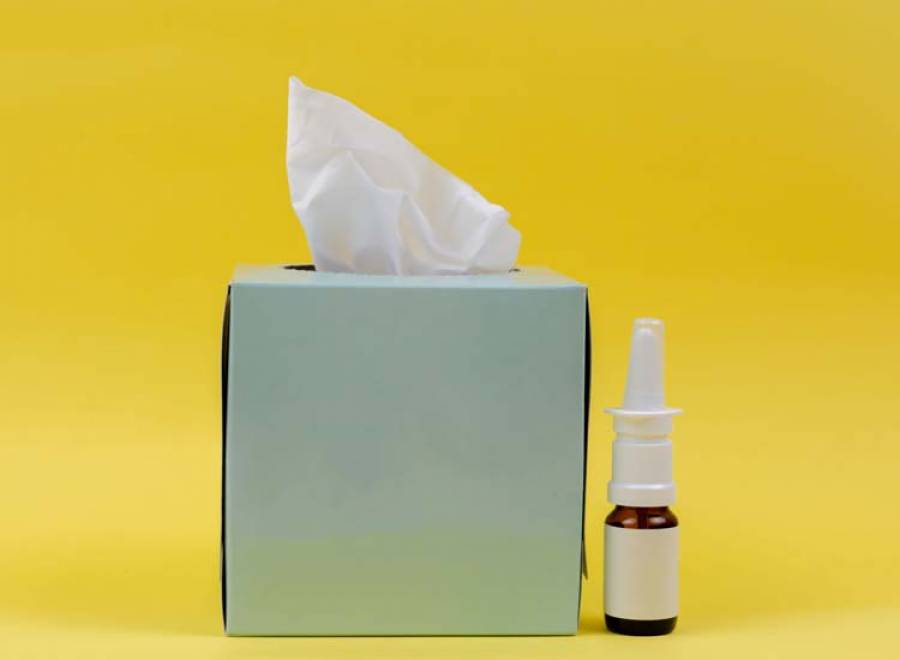How to Reduce Symptoms of Winter Allergies

Are you tired of sniffling, sneezing, itchy nose, and watery eyes and want to get rid of these symptoms? Winter is almost around the corner, and if you’re prone to developing seasonal allergies, chances are, these symptoms are going to persist in winter or become worse due to the dry atmosphere.
Here’s a closer look at what leads to allergies in winters and how to prevent their symptoms to enjoy the cozy and cold weather.
What Causes Allergies in Winter
As opposed to other seasons where allergies are caused by outdoor allergens such as pollen and other environmental pollutants, allergic symptoms in winter are caused by certain indoor pollutants like:
- Dander of household pets
- Indoor mold
- Dust mites
- Cockroach droppings
5 Ways to Prevent Winter Allergies
Though it may not be possible to get rid of winter allergies, you can adapt some helpful ways to avoid exposing yourself to indoor allergens. Here are five simple tips to incorporate and reduce your chances of worsening your allergies:
Clean Regularly
It’s extremely important to be in a clean environment, especially if your known triggers involve dust mites. Clean frequently touched surfaces, hardwood floors, and working space with a damp cloth and cleaning mop.
Use a Humidifier
Since dry air can make your nose itchy and increase the chances of nasal bleeding, you may want to use a humidifier to reduce dryness in the air. But make sure you set the humidity to no more than 50 percent since dust mites and molds grow faster in humidity over 60 percent.[MH1]
Avoid Wall-to-Wall Carpets
Remove wall-to-wall carpet, especially carpet over concrete. Dust mites and mold thrive in moist environments, such as carpets and rugs, where animal dander and mold accumulate.
Minimize Contact with Pets
If you’re allergic to cat or dog dander, you should reduce contact with your pets to minimize exposure. Bathe your pets weekly to wash away the dander from fur.[MH2]
Take Antihistamines
Taking over-the-counter antihistamine drugs can help ease sneezing, itchiness, watery eyes, and runny nose by blocking histamine production in your body which causes these symptoms. You can also take decongestants to help relieve nasal congestion and make your breathing easier.
The Bottom-line
Allergies can be annoying and persistent and ruin the quality of your life if left unattended. You can incorporate some prevention strategies to reduce the chances of flare-ups or talk to your doctor to know what you can do better. Hopefully, you’ll find it easier to manage symptoms if you know how to control them.
Trending
Popular
Sindh pledges vigorous action to prevent poliovirus transmission
-
PMA stresses health equity on World ...
04:08 PM, 9 Apr, 2024 -
Dow University’s new rabies vaccine ...
12:18 PM, 28 Mar, 2024 -
IRD role lauded in advancing ...
02:53 PM, 12 Mar, 2024 -
Over one billion people worldwide ...
09:48 AM, 5 Mar, 2024




